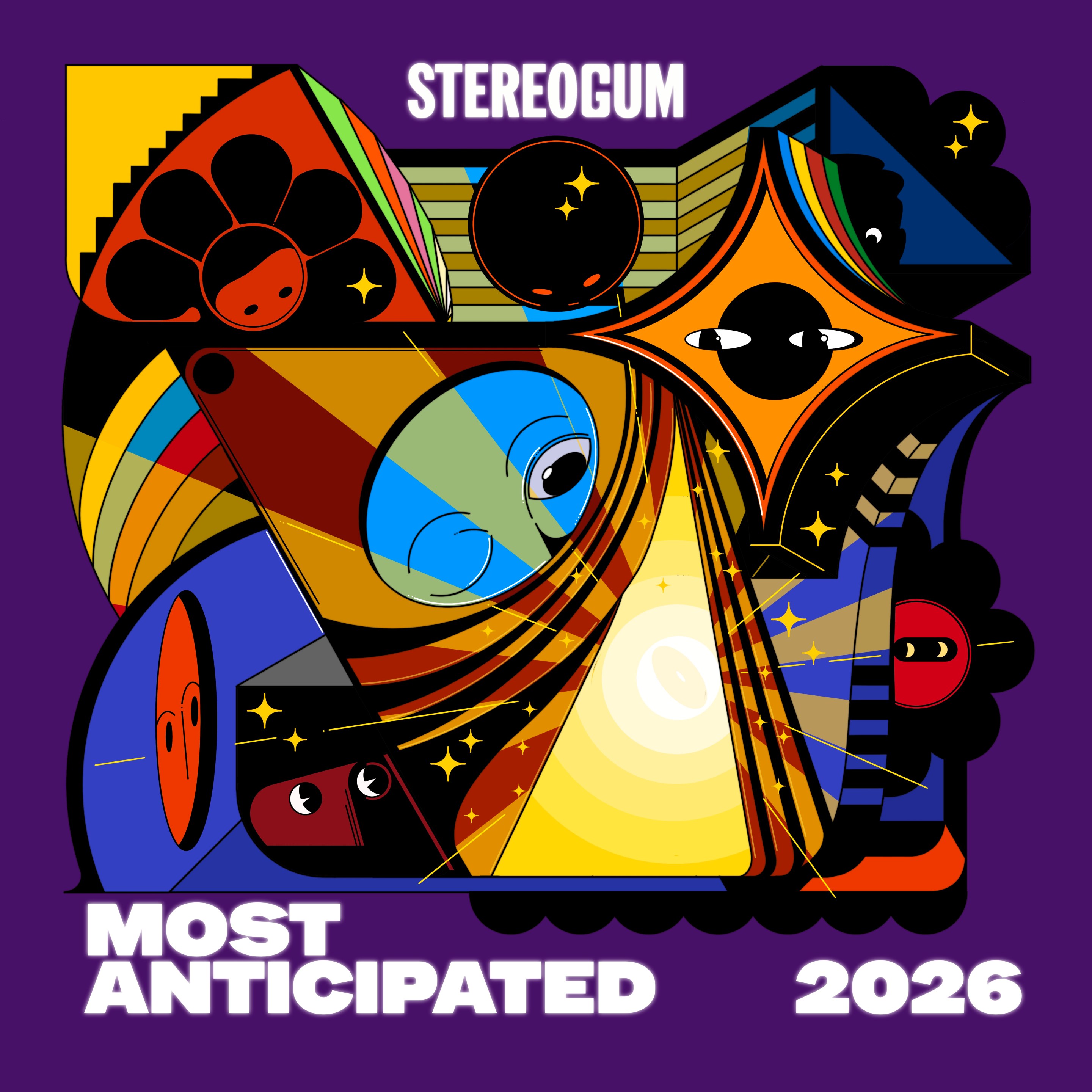Every week the Stereogum staff chooses the five best new songs of the week (the eligibility period begins and ends Thursdays right before midnight). This week's countdown is below, and you can listen to a playlist of all our 5 Best Songs on Spotify.
The album that, in many ways, kicked off 21st century rock music is now 20 years old, which means this very site is also approaching its 20th anniversary. God help us all. The five best songs of the week are below.
Boy Scouts - "That's Life Honey"
While the sonic landscape of Boy Scouts' new single is gorgeously bittersweet, what’s immediately compelling about it is the opening lyrics: “The ocean needs no one to blame/ It’s the master of beautiful rage/ I’m the master of inexplicable shame/ Write it down and rewire my brain.” The poignant acoustic guitar manages to make the song even more emotional, grounding it in this breezy, hopeful place and giving it movement. It’s the perfect setting for Taylor Vick’s words, which come out in poems. It catches her communicating better through music than she can in real life: “You’d say why didn’t you tell me/ And I’d say, Well I wanted to/ But couldn’t figure how.” The song is all she’s got to let out what she’s been keeping inside. —Danielle
Saint Etienne - "Pond House"
Saint Etienne have always traded in nostalgia, their songs cobbled together from distant memories. For their new album, I've Been Trying To Tell You, the British pop trio zeroes in on the late '90s and early '00s, right before any optimism one might have had about the world was ripped apart by 9/11. (Coming up on 20 years!) "Pond House," the album's lead single, is built around a sample of Natalie Imbruglia's "Beauty On The Fire" and a couple other slow-moving parts. Specifically when Imbruglia sings "here it comes again" -- Saint Etienne turn that line into a hypnotizing loop. It sounds placidly cool and syrupy slow, almost like it could soundtrack some luxurious perfume ad. But instead it feels sad and spacey, trying to recapture a feeling that has long ago been forgotten. —James
Turnstile - "Blackout"
In different genres of music, the term "breakdown" has different meanings. In funk, the breakdown is the part of the song where the band stops worrying about the melody, where they dig deep into the beat and let that carry them. In hardcore, the breakdown is the part of the song where the riff slows down and the people in the pit go into berserker mode. Turnstile's latest single might be the first song I've ever heard that brings both kinds of breakdown. Turnstile's riffs and hooks and mechanistically loose-limbed beats are all big-tent propositions, and much of "Blackout" has the primal mystic energy of a top-shelf '90s alt-rock anthem. But when it's time to throw the fuck down, Turnstile still do that, too. "Blackout" is hardcore that's far too big and populist to work in a basement, but it's hardcore that is still absolutely unashamedly hardcore. Welcome to the party. —Tom
Grouper - "Unclean Mind"
When you're in the right headspace, nothing hits like Grouper. Liz Harris has made a career out of the intersection between intimacy and inscrutability, the gestural wispiness of her music maintaining a mysterious distance while simultaneously enveloping the listener as if from within. "Unclean Mind" eschews the cavernous piano- and vocals starkness of her recent work in favor of the ambient folk mode of her 2008 classic Dragging A Dead Deer Up A Hill, multi-tracked harmonies swirling and melting around closely mic'd acoustic guitar strums, but there's a rare clarity and directness to the songwriting. Harris' upcoming album Shade was recorded over the course of the past 15 years, and a song like "Unclean Mind" feels all but impossible to place in linear temporality. Is this the future of Grouper or the past? Is there a difference? —Peter
Water From Your Eyes - "Track Five"
"Track Five" strikes such an odd balance. Its foundation is writhing, throbbing industrial techno, the kind of music that lends itself to unhinged outbursts and top-of-your-lungs hooks. Yet for most of the song's runtime Rachel Brown emanates a sad, hypnotic poise imported from the track's opening seconds, that brief moment of calm before the beat drops. Even when they raise their voice, even as chaos swirls around them, Brown remains locked in a meditative trance. The result is a song "both melancholy and out of control," an unconventional but mesmerizing new way to dance through the pain. —Chris






